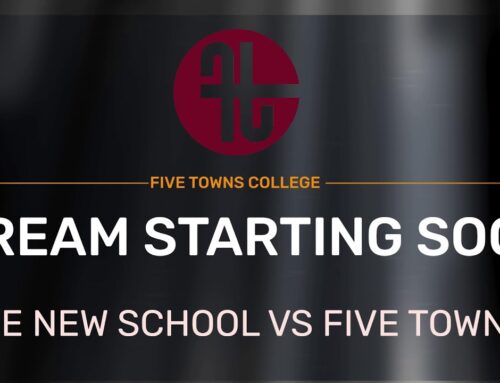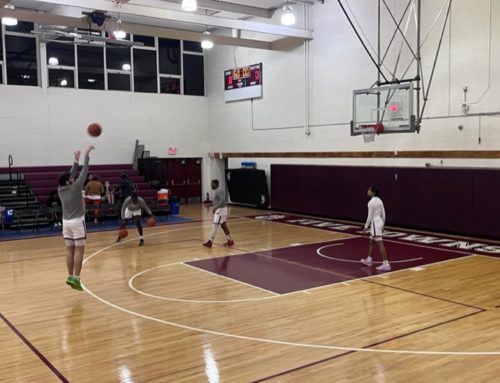
THE LATEST | CAMPUS EVENTS | NEWS | COMMENTARY | BEST OF WFTU
“Conspiracy” TikTokers are taking their bits too far, being the epitome of the word desensitized, and spreading misinformation like wildfire. FTC Columnist Emily Angelastro examines the issue after the murder of Gabby Petito in Wyoming and recent discovery of her finance Brian Laundrie’s remains in Florida.
By Emily Angelastro
A story that America watched unravel, agonizingly slow: the disappearance of Gabby Petito. Every news source was reporting on it daily, giving updates on any new lead that were found or changes in the direction of the case. CNN, ABC, Fox, and other news outlets were not the only channels giving the world information on the 22-year old’s case. TikTok was a hot spot for videos of harmless creators giving some updates on the story. Yet, at the same time, it was synonymous with an uncontrollable leak on a sinking ship. The water getting in symbolizes the conspiracy videos on her disappearance, on the whereabouts of Brian Laundrie, how this could tie into politics, some even going so far as to say that Petito was doing this to get clout for social media. Everyone knows the tragic end to the seemingly never-ending chase; she was found dead. This is all too familiar to the conspiracies and misinformation spread about major world issues like the coronavirus vaccines and QAnon. Social media platforms need to do a better job of monitoring these kinds of videos, or at the very least, tag warnings of false information. This is a serious issue, and we should all find it terrifying.
The internet is a scary place; that’s no secret. Despite knowing this, somehow, it manages to surprise you time and time again. I’m aware that it’s extremely difficult to monitor every single person or account making baseless claims or spreading false news. Still, something like a page dedicated to supporting Brian Laundrie is sure to be packed with misinformation that could grow to be dangerous. The subreddit, r/FriendsOfBrian, has since been banned for violating its guidelines. Unfortunately, not all platforms take action like this. Posts all over were defending Laundrie, claiming Petito assaulted him from released bodycam footage. When taken out of context, one could easily write up an article painting Gabby to be a girl in hysterics who took it out on her boyfriend. Of course, no one knows the true story yet, which applies to those on both sides. If you think about it from a moral standpoint, a sunny 22-year-old girl with her entire life ahead of her and with a seemingly loving family was recently found dead. It comes off incredibly distasteful and just unbelievably insensitive when you see some 19-year-olds on TikTok making the possible directions of her fate into some kind of exciting guessing game.
Think back to about five or six years ago, when the term “conspiracy theory” took on a whole different and much less grim meaning. Topics like the Mandela effect or pigeons being government spies were popular and had much lighter tones to them when discussing or debating with people. As the political climate grew more intense and heated, the world became more divided, and people just became purely desensitized to the horrors of the world. Now, people make these conspiracies to push their political agenda or get more attention or popularity on their social media platforms. If you think back just a year or two ago, it’s morosely symbolic. Just as the coronavirus quickly went from an epidemic to a pandemic, the theories and false information went from “conspiracies” to die-hard political stances. You had, and still have TikToks pushing COVID vaccine conspiracies. If you want to look ahead, not to undermine the topics just previously discussed, just imagine all the high-stake issues in the world that could go haywire if misinformation got into the wrong hands or just way too many hands to control.
There are friends I know who don’t bother to fact-check anything they see online. It has led to countless exhausting and frustrating conversations, and sometimes people just don’t want to listen or hear you out. Companies could also create many jobs for people looking to go into social media, perhaps a position where their role is solely to regulate and tag potentially harmful or misleading content. An example of what they could do in this role is what Instagram is doing successfully. They tag every post that mentions COVID-19 with a banner that allows people to read up on its facts. Social media platforms, every single one, need to monitor and tackle videos or any commentary containing potential false material before it’s too late (again).



